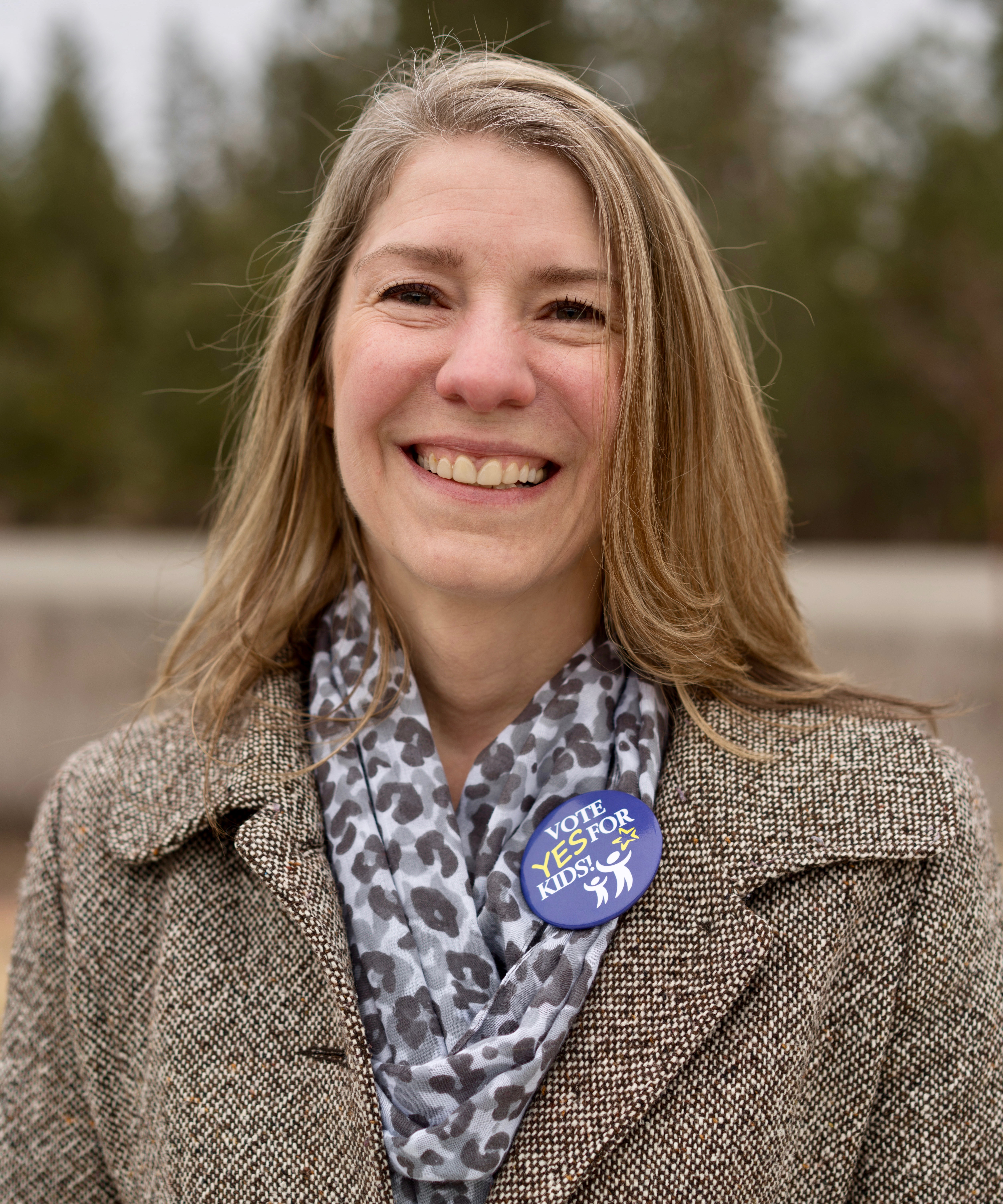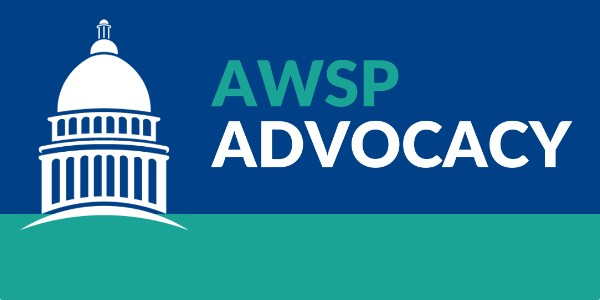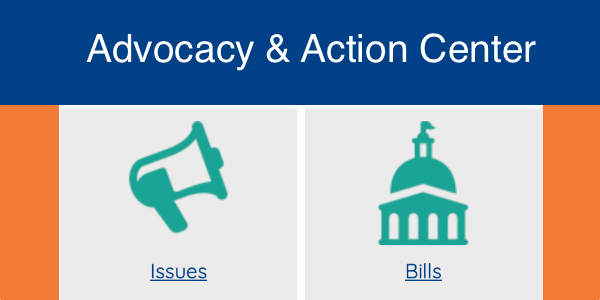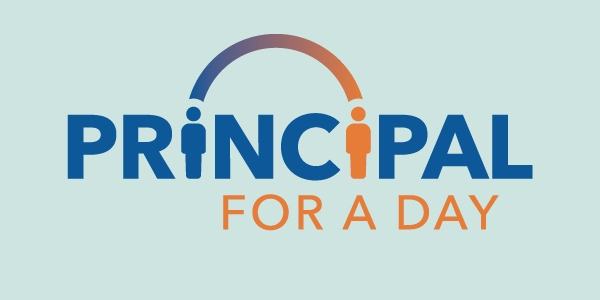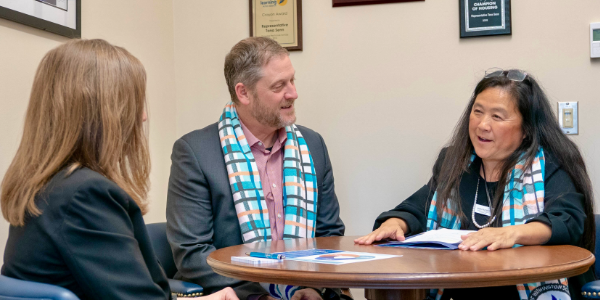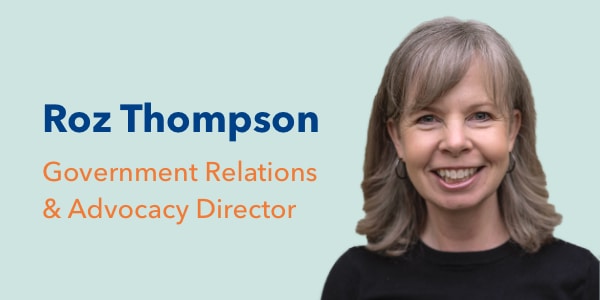The second week of this nine-week legislative session ends today. Things are moving fast. The education committees in both the House and the Senate continued to hear bills and take executive action this week. The first major deadline of this year is February 3rd. That’s when policy bills must pass out of their original committees. The first deadline for fiscal committees to pass their bills out of committee is February 7th.
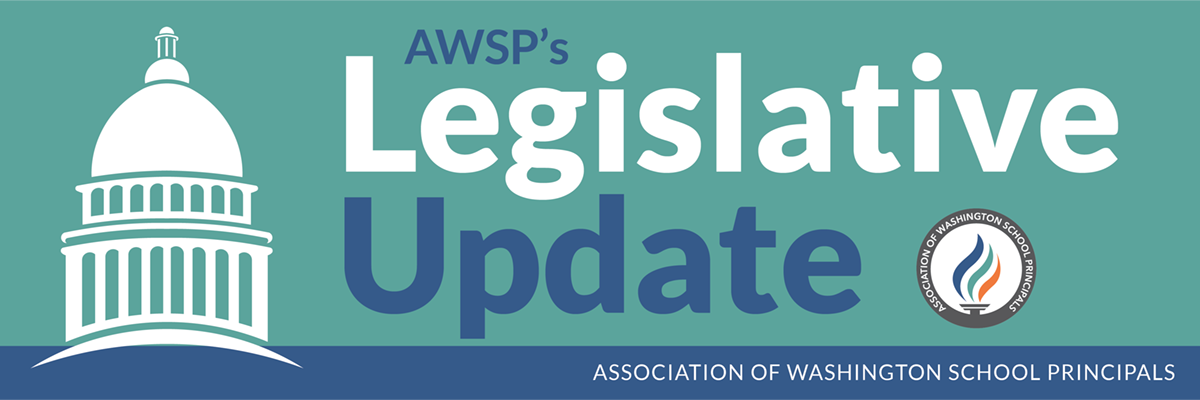
The second week of this nine-week legislative session ends today. Things are moving fast. The education committees in both the House and the Senate continued to hear bills and take executive action this week. The first major deadline
of this year is February 3rd. That’s when policy bills must pass out of their original committees. The first deadline for fiscal committees to pass their bills out of committee is February 7th.
The Senate Early Learning and K–12 Education Committee heard some significant bills this week, including SB 5719, sponsored by Senator Mark Mullet.
This bill would: decrease costs associated with dual credit programs for high school students, remove language requiring Running Start students to pay mandatory fees at community colleges, and direct OSPI to create a grant program to cover up to $35
per credit of the per-credit tuition fee for College in the High School program courses.
A similar bill, HB 1760, sponsored by Representative Dave Paul, will be heard Friday morning in the House Education Committee.
The Senate also heard SB 5720, which would create positions at the ESDs to support more professional development for teachers, curriculum development,
and outreach for schools related to financial literacy. This bill is also similar to HB 1938 by Representative Monica Stonier.
Senator Manka Dhingra introduced SB 5734, which would require students to complete one credit of PE and one credit of health, beginning with the class
of 2026. This change from current graduation requirements was met with some concern by those who testified. Senator Dhingra also introduced SB 5735,
which would allow school districts to provide up to 20 percent of the instructional hours per week using asynchronous instructional hours. Asynchronous instructional hours are defined as “time during the school day that students are provided
the opportunity to engage in an educational activity under the direction of school staff, but this does not include two-way interactive communication.” This bill had some interesting discussions, with people expressing both concern and support
for reimagining how time might be structured a bit differently, especially for older students.
The Senate ended the week by hearing SB 5820. It would require the Governor to appoint the Superintendent of Public Instruction with the consent of
the Senate instead of this being a separately elected statewide office. Superintendent Chris Reykdal favors this change. As I write this update, the hearing has not yet taken place, but I am very curious to hear the discussion.
The House Education Committee heard HB 1226 by Representative Monica Stonier, which would approve school bond construction measures by a simple majority
of voters. This would also require a change to the state constitution, which voters would have to approve in the next general election. This is a steep hill to climb, and your outreach to legislators can help make a difference. Check out my Action Alert here and take one minute to ask your legislators to support a simple majority for bond elections.
The House Education Committee also heard two bills related to school nutrition, student excused absences for mental health reasons, highly capable programs, and two bills related to dual credit. See my complete list of bills below for more information.
Bills
Budget
Students
- HB 1611 | Highly Capable Students
- HB 1807 | Civics Education
- HB 1938 | Student Financial Education
- HB 2078 | Outdoor School for All (companion bill SB 5925)
- SB 5497 | Student Board of Education Members
- SB 5537 | Compulsory School Attendance (age 5)
- SB 5594 | Bone Marrow Donation Awareness
- SB 5720 | Student Financial Literacy
- SB 5735 | Asynchronous Instructional Hours
High School/Dual Credit
Health/Safety
- HB 1676 | Tobacco and Vapor Product Tax
- HB 1759 | Secure Storage Info on School Websites
- HB 1800 | Increasing Access to Behavioral Health Services for Minors
- HB 1834 | Student Mental Health Absences
- HB 1941 | Active Shooter Drills
- HB 2039 | Vapor Products (companion bill SB 5768)
Workforce/Staff
- HB 1699 | Educators Working in Retirement
- HB 1942 | Paraeducator Training
In this remote environment, it’s easy to sign up to share your voice in public hearings. Learn more about testifying remotely. If there is a bill you are passionate about and you’re interested in testifying on behalf of AWSP, let me know.
Anyone can be an advocate! Our “Virtual Week on the Hill” will be from January 31–February 4, 2022. Click here to send an email to your legislator or invite them to meet with you via Zoom so that you can advocate on behalf of the principalship
and the needs of your building.
Thank you for all that you are doing to support students and staff!


